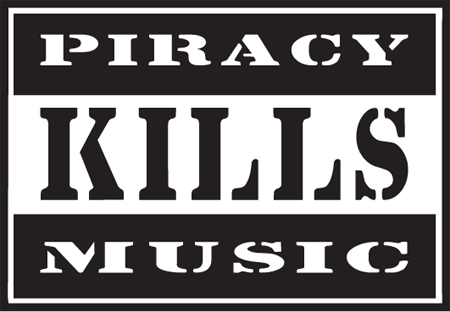Copying Around!

Inspiration, is one of the most abused words in Film and Music industry these days. So while Priyadarshan is inspired by Hollywood and South Indian Films (viz. Phir Hera Pheri was copied from Guy Ritchie 's Lock Stock and Two Smoking Barrels and Bhool Bhulaiyya from Chandramukhi), Mahesh Bhatt is inspired by Pakistani and Sufi Music (Zehreeli Raatein, Ya Ali), and Preetam being inspired from Asian music.
It's not bad to be inspired. Things turn ugly when you don't get due credits to the original composer, script writer or film director.
So why is there a lack of originality in scripts and music in India?
Anurag Kashyup, writer of films like Satya, Shool and Yuva, started the event-All Indian Screenwriters Conference, on a rebellious note speaking about the current scenario of screenwriters in Bollywood. He took direct names of industry people in his speech to substantiate his claims about the plight of writers. He brought out the point that writers are inadequately paid in the industry citing the example that a production company was paying 5 crore to AR Rahman for music and 1 crore to Kareena Kapoor as the lead actress but were only willing to pay 5 lakhs to the scriptwriter claiming that that was all they could afford for a writer.
Shortly after, Javed Akhtar was quick to retort saying, Anurag's is one of the most incoherent speeches I have ever heard. I would just suggest writers to stop complaining and better themselves.

TOI quoted "One of the common justifications of plagiarism in Bollywood is that producers often play a safer option by remaking popular Hollywood films in an Indian context. Screenwriters generally produce original scripts, but due to financial uncertainty and insecurity over the success of a film due to off-beat subject topics and piracy levels as high as 60%, many were rejected."
One of the targeted solutions that came about was that the copyright laws in the country are so fallacious that any person can turn a writer and opt to remake a DVD. The laws have to be made stringent enough so that no writer dares to copy a foreign film and thereby producers have no easy alternative but to hire original scriptwriters who will subsequently get their due.

Moving on to the music industry, do we think Producers would pay 5cr to AR Rehman, if he chose the same way as Preetam and Anu Mallik. On the contrary why don't the latter turn the AR Rehman way.
When a famous music director (who didn't want to be named) was asked about the Plagiarism, Preetam has indulged into, his response was
"Music directors make meager money while the profit goes to the music companies. Moreover, there is no concept of royalty here. In the West, generations of band members could survive on the royalty money earned from their compositions. If it were to happen here, even he'd do just my compositions and sign only two films in a year."
Another music director quoted "Film producer is made aware of music being copied from other composers across the globe. And this low cost of production kindles the tendency to repackage an existing track rather than compose a track in entirety from the scratch"
This all boils down to:
What is the incentive for a Music Director or Script Writer to come up with an original work ?
Why music companies/production houses aren't willing to enter into profit sharing contracts with the stake-holders. How'd the concept of royalty be implemented which has music and film piracy levels as high as 87% and 62% respectively.

The former is extremely difficult to control, because unlike the latter the quality of the composition is still in excellent form when people download pirated mp3 music from zillion websites available.
A film producer, who is aware of this fact, tends to avoid shelling out 2-3 times more for an original script or composition, for which he knows, he won't be able to receive more than 50% of potential revenue.
So, does that make us to conclude, that if piracy was tackled with, we would be treated with all the original music? The answer is a "yes" and a "no". No doubt there is a significant correlation between the two, but that doesn't guarantee a cause effect relationship.
While if piracy is tackled, definitely, it would result into original script-writing and music composing a lucrative profession, by corresponding increase in dues being paid by producers and music companies. But, on the other side, the mere possibility of making big money with small effort (copy around) will still make "low on morality" composers and writers continue their practice.
But, of course they won't be respected as formers. Consequently no film producer would want to be dragged into the resulting controversies.
There are surely some signs of this trend. E.g. As a safeguard, Vipul Amrutlal Shah had made Pritam sign an indemnity clause for the music of his film Action Replay, starring Aishwarya Rai Bachchan and Akshay Kumar....
0 Comment